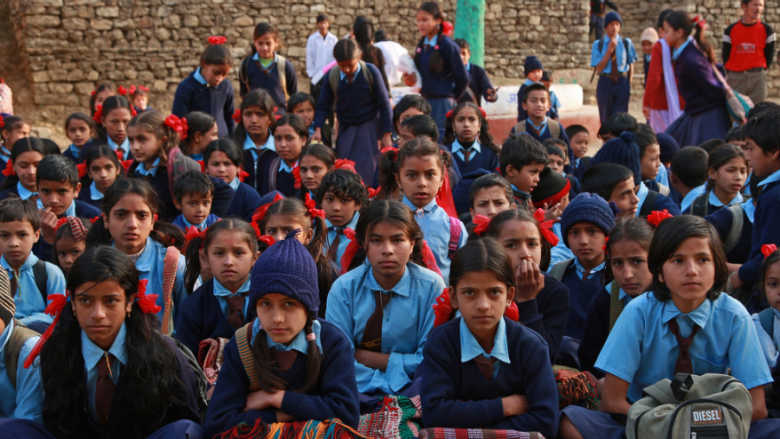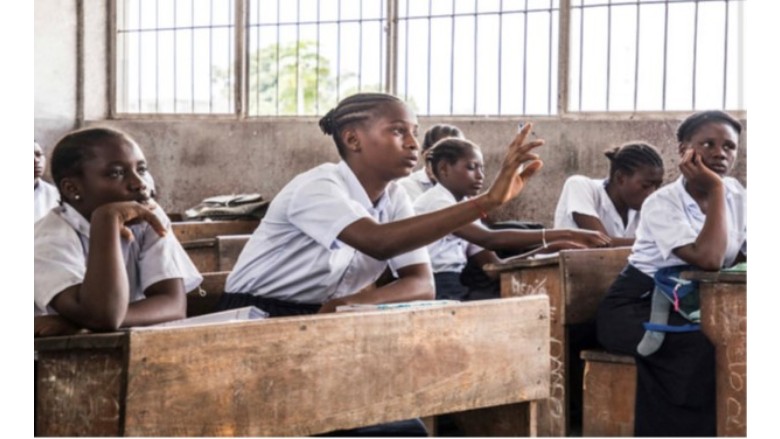Assisting countries to make better use of their investments in education is a key priority of our work on education finance.
WHY IT MATTERS
Developing countries are investing heavily in their education systems and providing their children and youth with unprecedented levels of access to education. But it’s still not enough. Achieving national education goals will require financial commitments over the coming years. No less important is ensuring that these resources are used effectively by reducing spending inefficiencies common in many education systems. Funds may not be reaching schools, spending decisions may not be aligned with learning objectives, and government agencies may lack the capacity to use funds efficiently. Countries need to solve these problems if they are to provide the educational opportunities their populations demand in a financially feasible and sustainable way.
OUR APPROACH
Mobilizing resources for education and tackling the root causes of spending inefficiencies is not something that education systems can solve on their own. Our approach is to bring together multi-sectoral expertise to engage with ministries of education and finance and other stakeholders to develop and implement effective and efficient public financial management systems; build capacity to monitor and evaluate education spending, identify financing bottlenecks, and develop interventions to strengthen financing systems; build the evidence base on global spending patterns and the magnitude and causes of spending inefficiencies; and develop diagnostic tools as public goods to support country efforts.
OUR PRIORITIES:
1. Mobilize adequate resources for education
The World Bank works closely with ministries of education and finance to identify feasible and sustainable actions to ensure that education systems are adequately financed. For example, through regular public expenditure reviews we assess a country’s overall fiscal position, and identify ways to raise funding for education through the government budget. The World Bank also aims to assist countries to explore innovative financing mechanisms and strategies to crowd in funds from government and nongovernment sources to address resource shortfalls.
2. Improve spending efficiency
Assisting countries to make better use of their investments in education is a key priority of our work on education finance. Through the main elements of our approach we drive for greater education system efficiency by encouraging the gradual shift of education systems from input-based to results-based financing. Through project financing, analytical, and advisory work, we help countries align their available resources with national development and education goals, shed light on the sources of inefficiency, and strengthen their public financial management systems to plan, budget, and use resources more efficiently. We continue to support many countries to establish systems to provide schools with transparent and predictable funding streams that are accountable to students and their families.
3. Promote equitable resource use
Public spending on education is sometimes allocated in ways that exclude poor and marginalized children. Evidence from many countries shows that public education expenditure can often favor wealthier and more powerful groups. These differences in funding not only result in children from poorer families receiving a lower-quality education, but also exacerbate and perpetuate existing inequalities between socioeconomic groups. The World Bank aims to help governments reform public financing mechanisms to ensure that they equalize spending and address the additional supply-side costs associated with providing good quality education services to children from poor and other marginalized communities. We also work with governments to ensure education services are affordable and to support families through social protection programs to overcome the financial barriers associated with full school participation.


